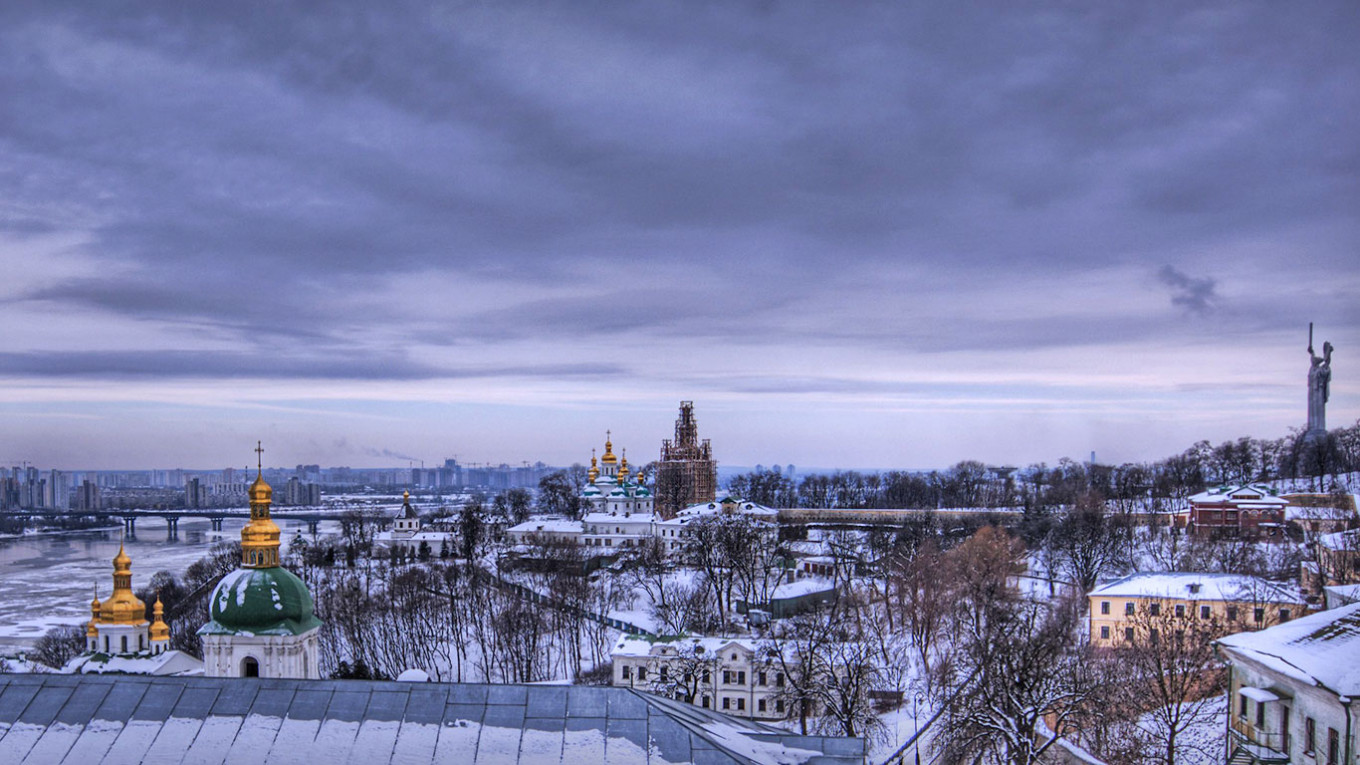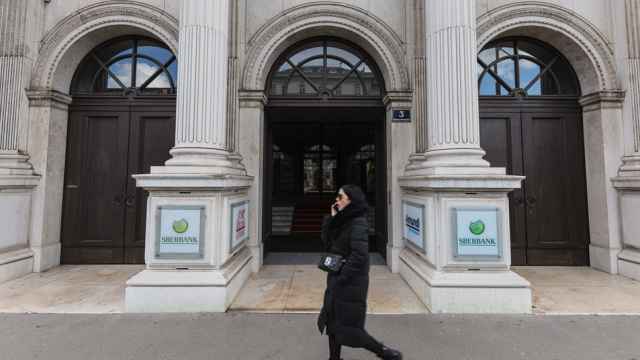The U.S., U.K. and Australia are among the countries that have ordered some diplomats and their family members stationed in Kyiv to leave Ukraine amid fears of an imminent Russian invasion.
The United States said Sunday it has ordered the families of its diplomats to depart the country along with some government staff. It also advised other Americans currently in Ukraine to start drawing up exit plans.
“U.S. citizens in Ukraine should consider departing now using commercial or other privately available transportation options,” said a travel advisory on the website of the U.S. Embassy in Kyiv.
Britain followed suit Monday morning, ordering some of its diplomats to also leave the country.
"Some Embassy staff and dependants are being withdrawn from Kyiv in response to growing threat from Russia," the U.K. Foreign Office said in a statement on its website. "The British Embassy remains open and will continue to carry out essential work."
Military action would “severely impact” consular services, “including assistance to U.S. citizens in departing Ukraine,” the U.S. travel advisory added. A State department official told reporters that Washington “will not be in a position to evacuate U.S. citizens” in the case of an invasion, “so U.S. citizens currently present in Ukraine should plan accordingly.”
“Do not travel to Ukraine due to the increased threats of Russian military action and COVID-19,” the U.S. said.
Australia also moved to start a partial evacuation of its embassy Monday and urged its citizens to leave the country, citing similar reasons to the U.K. and U.S. regarding its potentially limited ability to provide consular assistance.
Meanwhile France's foreign ministry said French nationals should avoid travelling to Ukraine unless they have an essential reason.
Other countries are also mulling possible evacuations.
Frits Kemperman, a spokesperson at the Dutch Foreign Ministry told The Moscow Times they would decide “by the end of the day” whether to withdraw non-essential staff and family members from Kyiv. Bloomberg also reported Monday that German officials are considering a partial evacuation of their embassy.
The European Union said Monday it does not plan to evacuate its diplomats’ families from Ukraine amid ongoing diplomatic efforts to ease tensions.
Russian lawmakers were quick to allege that the U.S. evacuation order signaled that Western governments were preparing a “military provocation” in Ukraine.
Russia has amassed some 100,000 troops close to the border with Ukraine and in annexed Crimea, and its announcement of surprise military exercises with neighboring Belarus has fueled tensions further.
Diplomatic efforts to ease those tensions have so far failed to lead to a breakthrough. The U.S. and EU member states have ramped up military support in and around Ukraine and threatened to impose sanctions on Russia in the event of an invasion.
The State Department told reporters that the U.S. Embassy in Kyiv remains open and Charge d’Affaires Kristina Kvien is staying in Ukraine for now.
State Department officials have estimated that between 10,000 and 15,000 Americans were on Ukrainian soil as of December.
Ukraine’s foreign ministry called the U.S authorization for diplomatic family members’ departure “premature.”
The State Department also issued a “do not travel” advisory for Russia, citing tensions along the border with Ukraine, the “potential harassment” of Americans and its limited ability to provide assistance the U.S. Embassy in Moscow.
“Given the on-going volatility of the situation, U.S. citizens are strongly advised against traveling by land from Russia to Ukraine through this region,” it warned.
A Message from The Moscow Times:
Dear readers,
We are facing unprecedented challenges. Russia's Prosecutor General's Office has designated The Moscow Times as an "undesirable" organization, criminalizing our work and putting our staff at risk of prosecution. This follows our earlier unjust labeling as a "foreign agent."
These actions are direct attempts to silence independent journalism in Russia. The authorities claim our work "discredits the decisions of the Russian leadership." We see things differently: we strive to provide accurate, unbiased reporting on Russia.
We, the journalists of The Moscow Times, refuse to be silenced. But to continue our work, we need your help.
Your support, no matter how small, makes a world of difference. If you can, please support us monthly starting from just $2. It's quick to set up, and every contribution makes a significant impact.
By supporting The Moscow Times, you're defending open, independent journalism in the face of repression. Thank you for standing with us.
Remind me later.






